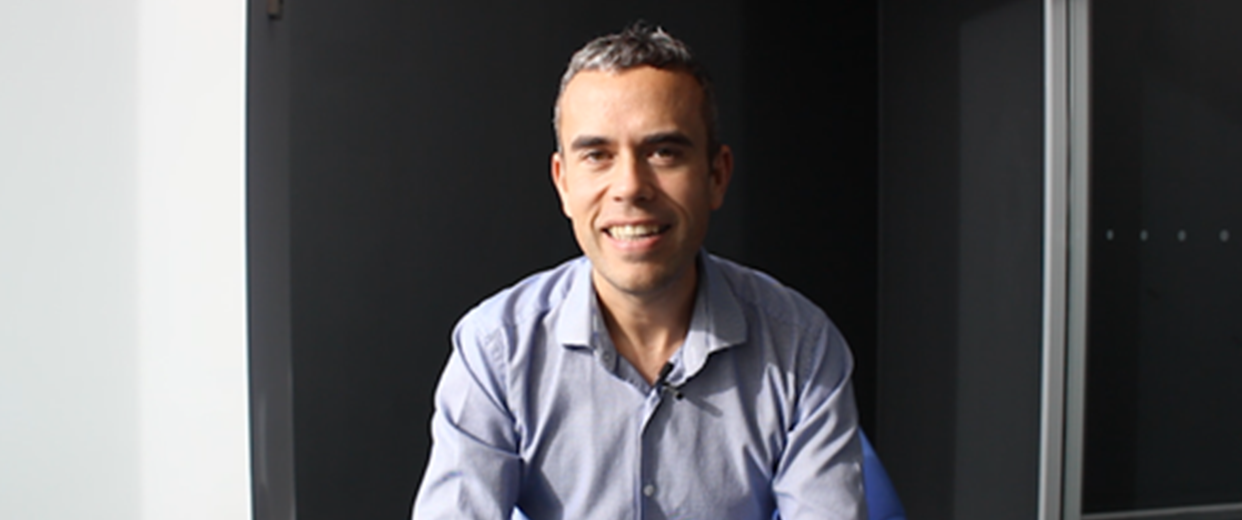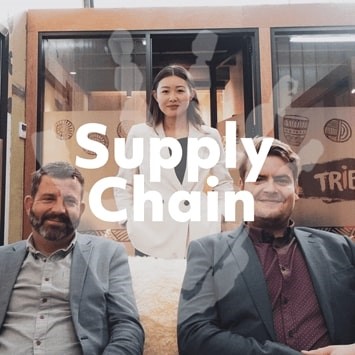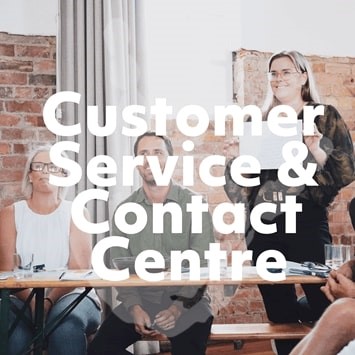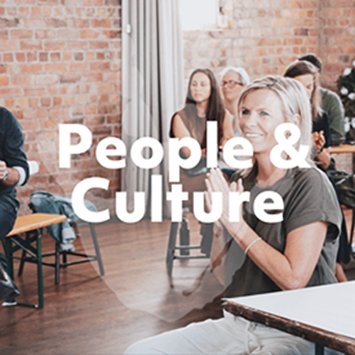With cyber attacks becoming more common place, how do we protect ourselves and our businesses?
Cybersecurity is a very real threat in the modern world. We have all most likely been sent a “dodgy” link via email or know someone who has experienced a phishing attack. Cyber security is high on the agenda for many businesses – and if it’s not, it should be.
This week we sat down with Scott Bartlett, CEO at Kordia Group, to find out more about cybersecurity and how to safeguard our businesses.
To set the scene, tell us a bit about Kordia
Kordia has been around since approximately 1936 in its various guises and today is a leading provider in mission-critical technology to a wide range of businesses. While previously known as “the people who made the television work”, today we do everything from monitoring a quarter of earth’s oceans for ships in distress, through to network connectivity, the Internet of Things, and cyber security.
What is cyber security?
Cyber security or information security is really about how businesses or organisations protect themselves from bad stuff happening online. Data is the currency of the modern economy, and just like with any other form of currency, people want to get their hands on it through sometimes quite nefarious ways. With many organisations being more focused on cyber security, it’s around making sure that private information, valuable information, is stored and managed in a really secure way.
What is a cyber-attack?
A cyber-attack is a combination of a multitude of events, carried out by a range of individuals. You get people who are just amateurs – you conjure up images of people in a dark room with hoodies on just trying to do some hacking – and there’s a bit of that, through to people who are trying to hack into systems for financial gain, and at the very top end, you’ve got state-sponsored actors doing very naughty things, which is more around intellectual property theft. So, hacking happens at multiple levels, it’s on the increase, we know that the hackers are getting more and more sophisticated, and so that means for both ourselves and our customers, we have to stay at the forefront of being able to protect against these kind of attacks.
How do hackers compromise a businesses’ data?
The way these hackers are compromising data is in a range of different ways and I think many of us are starting to get familiar with them. One area which is on the increase massively globally and here in New Zealand is phishing attacks, where you might receive an email, or sometimes even a phone call, asking you to expose your private information, your access credentials, even make a payment, and we’re seeing those attacks happen a lot more.
Then there are more sophisticated types of hacking, where people are literally going into your online web applications through vulnerabilities, that maybe you knew were there, but possibly you didn’t know they were there - and they access your databases. We’ve seen lots of examples globally where large waves of credit card information or private data has been compromised through these sorts of hackers. These hackers are very clever, they use a range of tools, and often these tools are publicly available. So the amount of knowledge required to be a hacker is unfortunately not always very high.
How do you stay ahead of the hackers?
Staying ahead of the hackers is a real task. I think the way we deal with this is both on technological and on a human level, and it’s the human level which often gets forgotten about, because I kind of think of cyber security as primarily a cultural and a human issue as opposed to a technological one. So, the best way to stay ahead of the hackers is to make sure that your team and your people know what constitutes great cyber safety. That we don’t click on links that are from non-trusted sources, that we aren’t picking up USB sticks and plugging them in, that we are going through a rigorous secure by design process when we’re building these exciting new applications and services, and that we’ve got professionals with organisations such as Kordia there as partners to help secure that whole environment. Beyond that, it’s training, it’s education, and it’s research. We do a huge amount of research here at Kordia and at Aura, and the reason we do that is to really stay at the absolute forefront of where the hacker community is, because if you’re not investing in research in this space you’ll fall behind.
In terms of practical advice, what can people do right now to safeguard their businesses?
There are a number of little things you can do which are quite easy, quite simple, and good practice to do. One of the things I talk about often with people is their passwords. It’s amazing, how many people still have “123456” as their password, or “admin” as a password to a critical system. I encourage people to start thinking about passphrases which are a lot harder to hack than a password. So, what’s a passphrase? You might just think of a sentence that you are pretty used to typing out on a keyboard, it might be “the quick brown fox jumps over the lazy dog” (probably not that one). That is an example of a passphrase that is far harder to hack than a password.
I think the other thing that I advise people to do wherever possible, is to avoid accessing critical systems over public WIFI. We’ve seen a lot of examples where people have been hacked or intercepted when using WIFI in hotels, or in public spaces, or accessing bank accounts, or accessing the corporate network. I really encourage people to avoid doing that. A better idea is to tether to your phone and use your phone’s 3G or 4G connection, far better than using public WIFI. So those are just a couple of tips.
Is it enough to have a firewall?
You should have a firewall, but is it enough? Absolutely not. In fact, even having the perfect technology environment, will not be enough. We talked about culture, about staff education, but it goes deeper than that as well, it also goes to ensuring that you’ve got the right procedures and processes in place, and that you’ve got your partners lined up.
I also think that organisations should expect that they one day probably will get hacked. That sensitive information might get locked and be held to ransom, because sometimes you can do all the right things and you can still fall victim to this stuff. That’s why it’s so important that organisations have a plan for recovery rather than just building walls, you’ve also got policies and procedures of how you can pick yourself back up should the worst occur.
What are the biggest emerging trends that you are seeing?
Some of the big emerging trends that we’re seeing are in three key areas. One is just the massive increase and sophistication behind the phishing attacks that I mentioned before. We’re starting to see c level executives get specifically targeted with almost social engineering tactics to try and get access to the critical systems that they themselves have access to.
The secondary area we’re seeing globally is really the sheer volume of these attacks on web applications. You asked before about firewalls, a lot of these web applications do not have any firewalls or other forms of protection sitting behind them. That is something that we can quite easily fix and we certainly here at Kordia and Aura do a lot of work in that space.
I think a third area where we’re seeing growth globally, probably not seeing so many examples here in New Zealand in the public domain, but I’m sure its happening, is around some of these state-sponsored attacks. These are highly sophisticated, intelligence gathering cyber-attacks. We’re starting to see the intensity of these really on the increase, possibly as a result of the recent trade wars and technology trade wars that we see happening, but I think we’re going to see that trend continuing.
How can Kordia and Aura help with cybersecurity?
So, one of the ways that we help organisations deal with all these issues with cybersecurity at the moment is through our independent cybersecurity division, Aura Information Security, which has for two years in a row been named New Zealand’s leading cybersecurity firm. Aura is a dedicated group of cyber professionals who can help organisations develop policies, test their systems, and ensure they’ve got best practice wherever possible, to mitigate against cyber-attacks. The role that Kordia its self plays in helping organisations stay secure is more at that technology layer, around making sure that you’ve got great firewalls for both your network and your web applications, that your networks themselves, all the way through to your phone, is actually a secure connection. That you’ve also got great support and monitoring in place, so that if something happens in the middle of the night, our people will see it and actually help do something about it.






